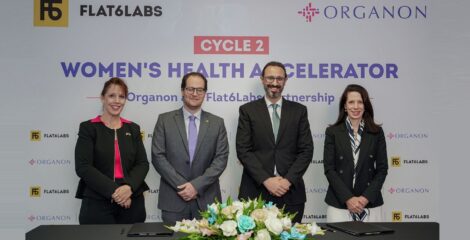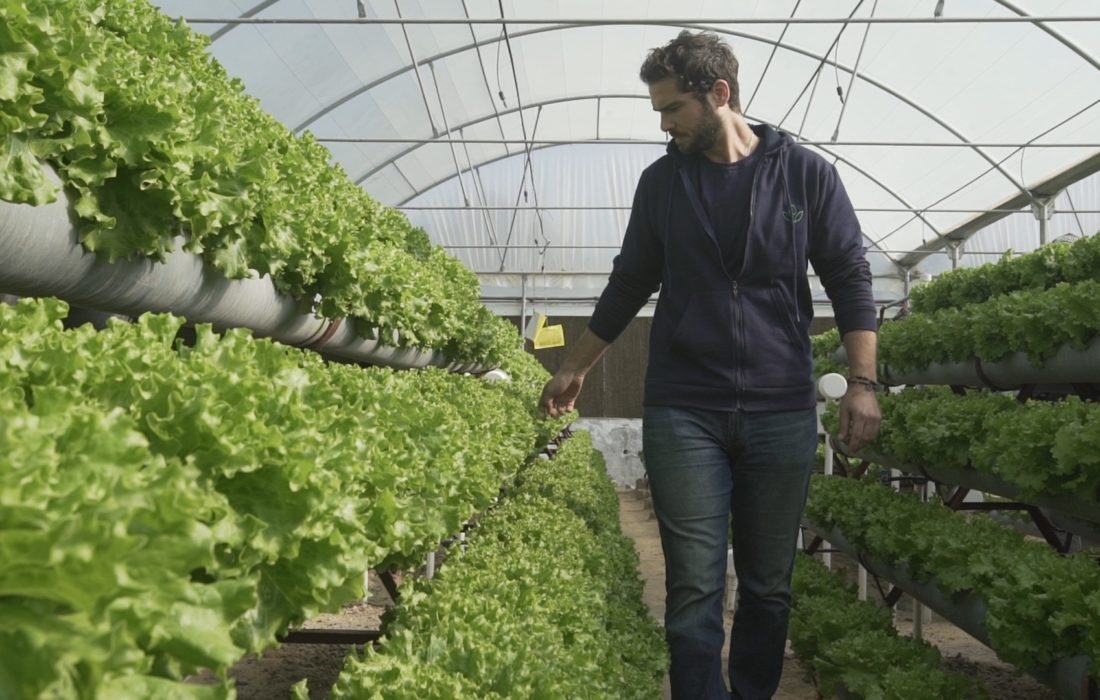Food waste is one of the biggest challenges facing the world. According to the Food and Agriculture Organization of the United Nations, 1.3 billion tons of food is wasted every year – or 145kg for every person in the world. This adds up to $2.6 trillion worth of food and is more than enough to feed the world’s hungry population, 815 million people or one in every ten. One-third of all food produced every year isn’t consumed, it simply goes to waste.
Food waste doesn’t simply amount to a humanitarian issue, it has serious effects on the world’s climate and resources, affecting everyone. Food that rots in landfill is a significant source of methane – a poisonous greenhouse gas 25 times more effective at trapping heat in our atmosphere than carbon dioxide. Food waste directly contributes to global warming and humanity must find a solution to this worldwide problem.
Re:food is an NGO operating in Kuwait that is helping reduce the country’s food waste. According to the organisation, food waste per capita in Kuwait is four times greater than that of China, a country with 1.3 billion more people. Re:food is directly addressing this problem. It takes unwanted food from supermarkets and local food suppliers and redistributes to families in need. The organisation was founded in 2014 by Maryam Aleisa who wanted to find a way to address the growing issue of waste in general. After finding out that Kuwait’s food waste alone could feed more than two million people per day she decided to act.
Hafsa Al Kandari is a managing volunteer at Re:food. She helps sort the food donations the organization receives, and ensures it’s safe for consumption and redistribution. According to Al Kandari, “When we’re distributing food and I see an elderly man or a woman that’s as old as my grandmother standing in line to collect food, it’s something that moves me. So I feel personally responsible for continuing our work and not letting down these people.”
Al Kandari says she’s developed a strong relationship with the families that regularly come to collect their food packages and encourages people to try and reduce the food they purchase, so less of it goes to waste.
Families in need of food can apply to Re:food’s program and once they’re accepted begin to receive regular food packages. So far, the organization delivers food to over 1,200 families in the country saving an estimated $3.5 million in food, saving 88 tons of food from going to landfill. Re:food achieves this through its network of over 2,000 volunteers and partnerships with local food suppliers and organizations.
“When we’re distributing food and I see an elderly man or a woman that’s as old as my grandmother standing in line to collect food, it’s something that moves me. So I feel personally responsible for continuing our work and not letting down these people.”
Hafsa Al Kandari, Managing Volunteer, Re:food
Since its founding, the organization has received several awards. Aleisa received the Kuwait Youth Award for Excellence & Creativity in 2018, awarded by his Highness Sheikh Subah Al-Ahmad Al-Jaber Al-Subah, the Emir of Kuwait. Initiatives likeRe:food’s that help address society’s greatest shortcomings by ensuring global resources are distributed effectively, are getting us one step closer to ensuring no man, woman or child ever goes hungry.
If you see something out of place or would like to contribute to this story, check out our Ethics and Policy section.














